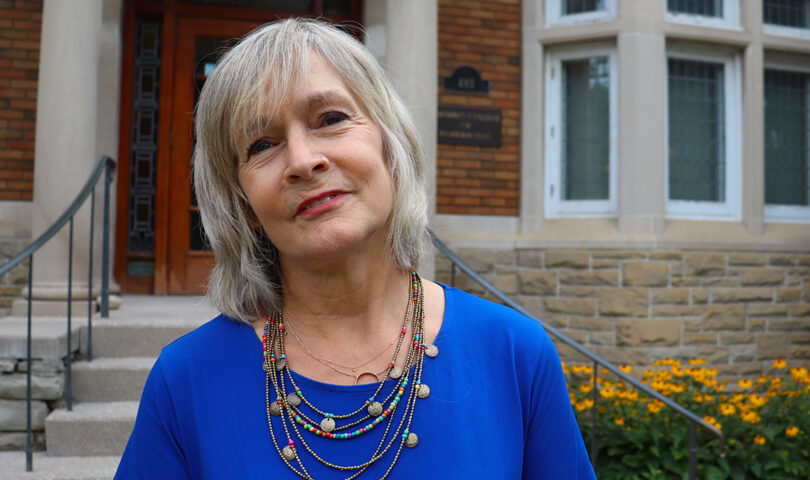The College’s primary responsibility is to the public. We serve the public by regulating the pharmacy profession. In reality, pharmacy professionals are the ones who serve the public by regulating pharmacy professionals: that is self-regulation.
You might hear people say that self-regulation is a privilege. They mean that it is not the government, but members of the profession, who set the standards of practice, determine the rules about who can practice, make the rules about how to make sure professionals remain competent once licensed, and make decisions about what to do when someone doesn’t live up to the standards of the practice. I believe keeping members of the profession closely involved at every step is the best way to protect the public. In my experience, when governments step into the role of regulating a profession, the rules tend to be ‘one size fits all’, and don’t always do the best job.
As you may know, I am the first non-pharmacist to sit in the Registrar role at OCP. Some of you may have wondered how I would be able to perform my role competently without a background as a pharmacy professional. The answer is, I don’t do it alone.
We have just finished an election for the Board, so no doubt you know that the Board and College committees all have significant representation from the profession. This guarantees that the high-level decisions, like regulations about qualifications or scope of practice, are made with solid representation from members of the profession.
When a significant change is being proposed, whether to a standard of practice, or a College by-law, the College conducts a consultation, seeking your feedback about the proposal. We use this information carefully to ensure that our proposal is grounded in the real world and to explore the potential for misunderstanding or unintended consequences.
Decisions that will have an impact on the careers of individual pharmacists or pharmacy technicians are mostly made by committees (Discipline, Registration), rather than staff. Professional representatives on the committees ensure that members of the profession are evaluated by their peers.
Last, but never least, I lean on the pharmacy professionals who work at the College. Nearly one third of our staff are pharmacists or pharmacy technicians. This group of professionals, most of whom also continue to practice, will be meeting regularly and sitting at the leadership table to ensure that their perspective is ingrained in all the decisions that we make.
And please know that your contribution is always welcome. I am hopeful of more opportunities to engage in meaningful dialogue in the future, but I know your time is precious, so I will wait until I have specific questions before I reach out for meetings or specific feedback.

P.S. I can’t help but notice that the focus on shortages of human resources in hospitals has virtually entirely omitted reference to pharmacy professionals. We know that you are also short staffed and otherwise under-supported. The College’s role in health human resource planning is limited, but to the extent that we have a voice in the discussion, please know that we will be raising this concern.













